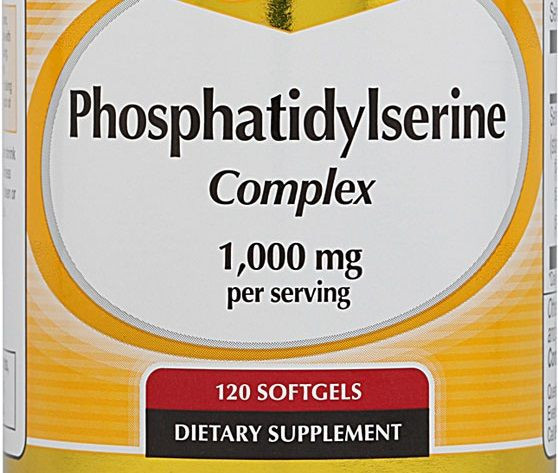Phosphatidylserine Supplement Could Combat Degenerative Brain Disorders

Phosphatidylserine, an over-the-counter dietary supplement that may reduce the risk of dementia, may also fight the neurodegenerative effects of brain disorders like Parkinson's disease and familial dysautonomia.
Familial dysautonomia (FD) is a genetic disorder that appears in about one in 3,700 individuals in the Ashkenazi Jewish population, and very rarely occurs outside that community. It involves mutations in the gene that results in fewer IKAP proteins, which are necessary for a normally functioning autonomic nervous system.
A lack of IKAP proteins kills off certain brain cells, leading FD patients to experience debilitating dysfunctions in involuntary actions like breathing, temperature regulation, digestion, balance, and sensory perception.
Researchers led by Professor Gil Ast and Dr. Ron Bochner of Tel Aviv University tested the therapeutic benefits of phosphatidylserine by administering it to cells taken from patients with FD, as well as to mouse models of the disease.
The results, published in the journal Human Molecular Genetics, show that in both cases, the supplement acted on the mutated gene resulting in a significant increase in IKAP protein levels.
How Phosphatidylserine Fights Brain Degeneration
Phosphatidylserine is a food component that is naturally found in soy, as well as in animal organs and seafood, and promotes cell-to-cell communication in the brain as part of the cell membrane.
It was approved by the U.S. Food and Drug Administration (FDA) for safe use as a dietary supplement to reduce the risk of dementia and cognitive dysfunction in the elderly, although those claims were unproven as of the FDA's last review in 2003.
Building on the findings of previous studies on the benefits of phosphatidylserine, Ast's team tested how it might affect the IKBKAP gene mutation that causes FD.
After orally administering the supplement to mice with similar genetic mutations every other day for three months, the researchers found higher IKAP levels in all the tissues of the body. IKAP levels were especially high in the liver, heart, and brain.
"That we see such an effect on the brain — the most important organ in relation to this disease — shows that the supplement can pass through the blood-brain barrier even when administered orally and accumulate in sufficient amounts in the brain, said Ast.
"While the food supplement does not manufacture new nerve cells," he added, "it probably delays the death of existing ones."
Can Phosphatidylserine Fight Parkinson's Disease?
The researchers believe that phosphatidylserine could help treat other neurodegenerative diseases, like Parkinson's.
In addition to boosting IKAP protein levels, the supplement changed the functioning of 2400 other genes in brain cells. Many of those genes are associated with Parkinson's disease, as well as with the production of mitochondria, the powerhouse of the cell.
Future studies should investigate phosphatidylserine's potential to prevent symptoms of such neurodegenerative diseases, they write.
The next step is to test phosphatidylserine in randomized human clinical trials. Previous trials found that the supplement delivered benefits to the memory function of elderly participants.
If the findings from this study translate to humans, it will change the gene expression of people suffering from familial dysautonomia and Parkinson's disease for the better as well.
Sources: US Food and Drug Administration. Phosphatidylserine and Cognitive Dysfunction and Dementia. Accessed May 21, 2013.
Bochner R, Ziv Y, Zeevi D, et al. Phosphatidylserine increases IKBKAP levels in a humanized knock-in IKBKAP mouse model. Human Molecular Genetics, 2013.



























